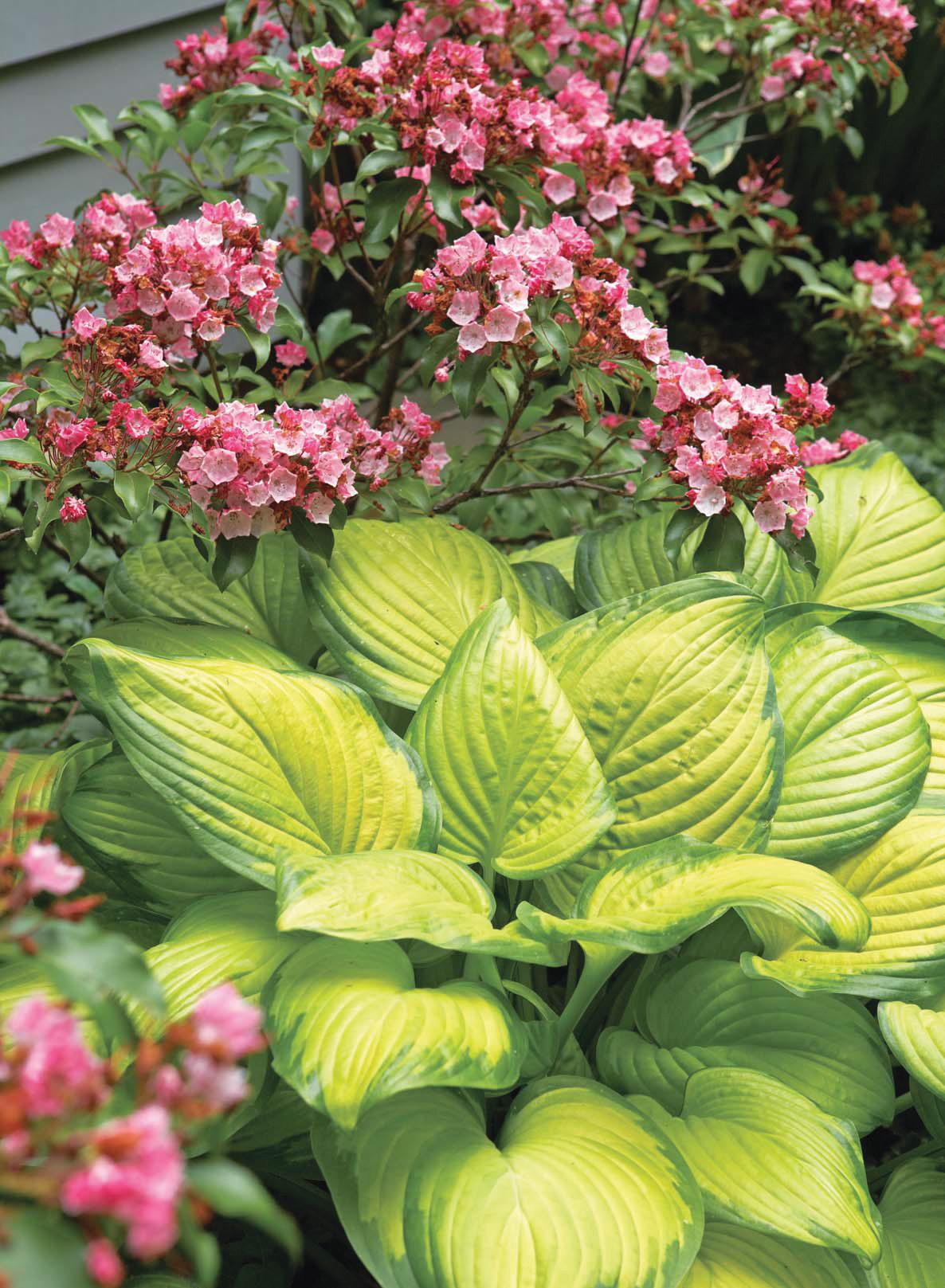
Throughout my career working in both the commercial plant industry and public horticulture, I have been exposed to an amazing diversity of plants. Particularly fascinating are the array of plants (genera) taxonomists have categorized into different plant families and why.
Members of a plant family share characteristics, such as flower form and leaf arrangement, that distinguish them from other families. They typically have similar cultural requirements, as well. Yet delving into one plant family can be an eye-opening experience, leaving you scratching your head at its unexpected members.
The Ericaceae, or heath family, consists of more than 4,000 species organized into about 120 genera. Most members are evergreen, woody plants ranging from groundcovers to trees. Their flowers, made of fused petals, come in a kaleidoscope of colors and can be tubular or bell-shaped, often resembling miniature urns. Form aside, flowers develop into fruit that are typically either a capsule or berry, occasionally a drupe.
Ericaceous plants can be found worldwide from temperate and cold regions to mountainous, tropical climates. Commonly occurring in acidic, well-drained and typically nutrient-poor soils, they prosper thanks to a close relationship with mycorrhizal fungi. These fungi allow the plants to absorb valuable nutrients not otherwise readily available.
Gardeners are probably most familiar with members in the genera Rhododendron (rhododendron and azaleas) and Vaccinium (blueberries and cranberries), valuable ornamentally and economically, respectively. In addition to these treasured plants, many other beautiful relatives provide effective landscape applications. Let’s look at some of my favorites.
Mountain laurel
Diese Geschichte stammt aus der May - June 2023-Ausgabe von Horticulture.
Starten Sie Ihre 7-tägige kostenlose Testversion von Magzter GOLD, um auf Tausende kuratierte Premium-Storys sowie über 8.000 Zeitschriften und Zeitungen zuzugreifen.
Bereits Abonnent ? Anmelden
Diese Geschichte stammt aus der May - June 2023-Ausgabe von Horticulture.
Starten Sie Ihre 7-tägige kostenlose Testversion von Magzter GOLD, um auf Tausende kuratierte Premium-Storys sowie über 8.000 Zeitschriften und Zeitungen zuzugreifen.
Bereits Abonnent? Anmelden

Pot It Up
Shake up the containergarden with theseNorth America –native perennials

THE GARDEN PATH TO PERDITION
I WAS CRUISING RIGHT ALONG, feeling okay about myself, when I came across a list of the Seven Deadly Sins.
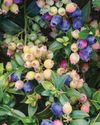
A Productive PATIO
Tiny fruit, vegetable and herb plants help gardeners maximize any sort of growing space
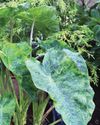
TROPICAL FUSION
A FUSS-FREE APPROACH TO USING BOLD TROPICAL PLANTS IN ANY TEMPERATE GARDEN

WINTER READING
Pass the time with any of these inspiring books
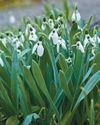
SENSING A PATTERN
Greg Coppa reflects on an odd weather year and what continued warming may mean for his Rhode Island garden
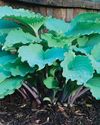
TOP-PRIZE PERENNIALS
A foliage masterpiece for shade and a late bloomer for sun

MARK WESSEL
What's new for fruit and vegetable gardeners?
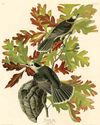
KINGS OF THE NORTHERN FORESTS
A look at the trees, shrubs and perennial plants that bolster life in Ecoregion 5

PROJECT FEEDERWATCH
Gardeners can help scientists know just where the birds are in winter